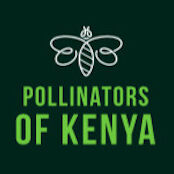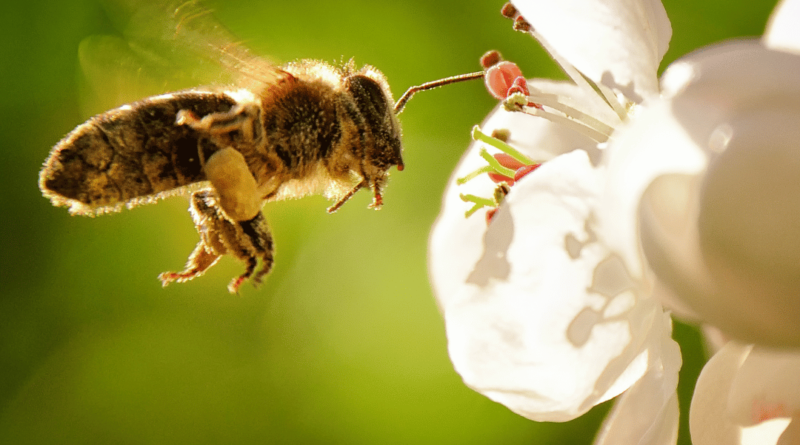Pollinators of Kenya: The Essential Role They Play in Agriculture and Biodiversity
As a country with a rich biodiversity, Kenya is home to a diverse range of pollinators. These pollinators are essential for the survival of various plant species and are crucial to the success of agriculture in the country. In this article, we will explore the importance of pollinators in Kenya, their role in agriculture and biodiversity, and the threats they face in the current environment.
Introduction to Pollinators in Kenya
Pollinators are animals that help in the transfer of pollen grains from the male to the female parts of flowers, thus aiding fertilization. This process is essential for the reproduction of flowering plants and the production of fruits and seeds. Bees, butterflies, moths, birds, bats, and even some small mammals are examples of pollinators.
Kenya is home to a diverse range of pollinators, including over 1,200 species of bees, over 1,000 species of butterflies, and various other insects and animals. These pollinators play a crucial role in the country’s agriculture and biodiversity.
Pollinators and Agriculture in Kenya
Pollinators play a significant role in agriculture, as they are essential for the pollination of crops, which leads to the production of fruits and seeds. In Kenya, over 80% of the crops grown are dependent on pollination by insects, making pollinators critical to the country’s food security.
Some of the crops that are reliant on pollinators include fruits such as mangoes, avocados, and passion fruits, as well as vegetables like tomatoes, beans, and peas. Without the help of pollinators, these crops would have reduced yields, affecting the livelihoods of farmers and leading to food insecurity in the country.
Pollinators and Biodiversity in Kenya
In addition to their role in agriculture, pollinators also play an essential role in maintaining biodiversity in Kenya. Pollinators help in the reproduction of various plant species, which, in turn, provide habitats and food sources for other animals.
For example, pollinators help in the pollination of flowering plants that provide nectar and pollen for birds and other insects. In turn, these birds and insects help in the dispersal of seeds, which leads to the growth of new plants and the maintenance of healthy ecosystems.
Threats to Pollinators in Kenya
Despite their importance, pollinators in Kenya are facing numerous threats, including habitat loss, pesticide use, and climate change. Habitat loss, especially due to deforestation, is a significant threat to pollinators, as it reduces the availability of food and nesting sites.
Pesticide use is also a significant threat, as it kills pollinators directly or indirectly by reducing their immunity to diseases. Climate change is another significant threat, as it alters the flowering periods of plants, affecting the timing of pollinator activity.
Conclusion
In conclusion, pollinators play an essential role in agriculture and biodiversity in Kenya. They are essential for the pollination of crops, the reproduction of various plant species, and the maintenance of healthy ecosystems. However, they are facing numerous threats, including habitat loss, pesticide use, and climate change, which must be addressed to ensure their survival.
As individuals, we can help in the conservation of pollinators by planting pollinator-friendly plants, reducing the use of pesticides, and supporting conservation efforts. By working together, we can ensure the survival of these critical animals and the continuation of their essential roles in agriculture and biodiversity in Kenya.




